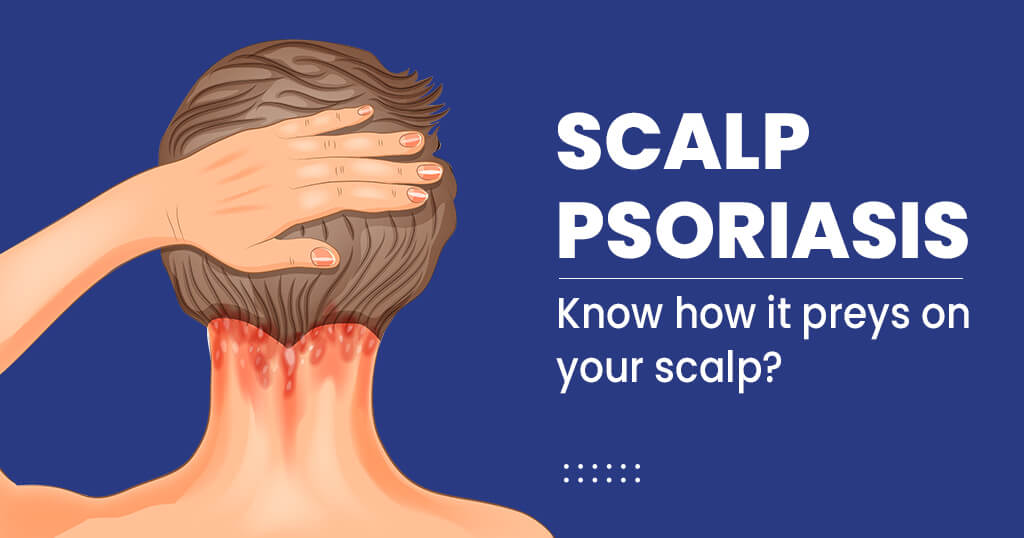Psoriasis and its Ayurveda Treatment.
Psoriasis is a chronic autoimmune disorder that affects the skin. It is a common condition that affects approximately 2-3% of the population. Psoriasis causes skin cells to grow at an abnormally fast rate, leading to the formation of thick, scaly patches on the skin. The exact cause of psoriasis is not known, but it is believed to be a combination of genetic and environmental factors.
Symptoms of psoriasis can vary in severity, and can appear anywhere on the body. The most common areas affected are the scalp, elbows, knees, and lower back. Symptoms of psoriasis can include:
– Red, scaly patc hes on the skin
hes on the skin
– Itching or burning sensation
– Dry, cracked skin that may bleed
– Thickened, discolored nails
– Joint pain or stiffness
Psoriasis is a chronic condition, meaning that it cannot be cured, but it can be managed. Treatment for psoriasis typically involves a combination of topical creams, oral medications, and phototherapy. Topical creams, such as corticosteroids or vitamin D analogues, are often used to reduce inflammation and slow down skin cell growth. Oral medications, such as methotrexate or cyclosporine, may be prescribed for more severe cases of psoriasis. Phototherapy involves exposing the affected skin to ultraviolet light, which can help to reduce inflammation and slow down skin cell growth.
In addition to medical treatments, there are also lifestyle changes that can help to manage symptoms of psoriasis. Maintaining a healthy weight, avoiding alcohol and smoking, and managing stress can all help to reduce the severity of psoriasis symptoms.
Living with psoriasis can be challenging, both physically and emotionally. The visible symptoms of psoriasis can be embarrassing and cause self-consciousness, leading to anxiety and depression. It is important for individuals with psoriasis to seek support from family, friends, and healthcare professionals.

In conclusion, psoriasis is a chronic autoimmune disorder that affects the skin. While it cannot be cured, it can be managed with medical treatments and lifestyle changes. It is important for individuals with psoriasis to seek support and treatment in order to manage symptoms and improve their quality of life.
You can also read about Ayurvedic Herbal Tea.



